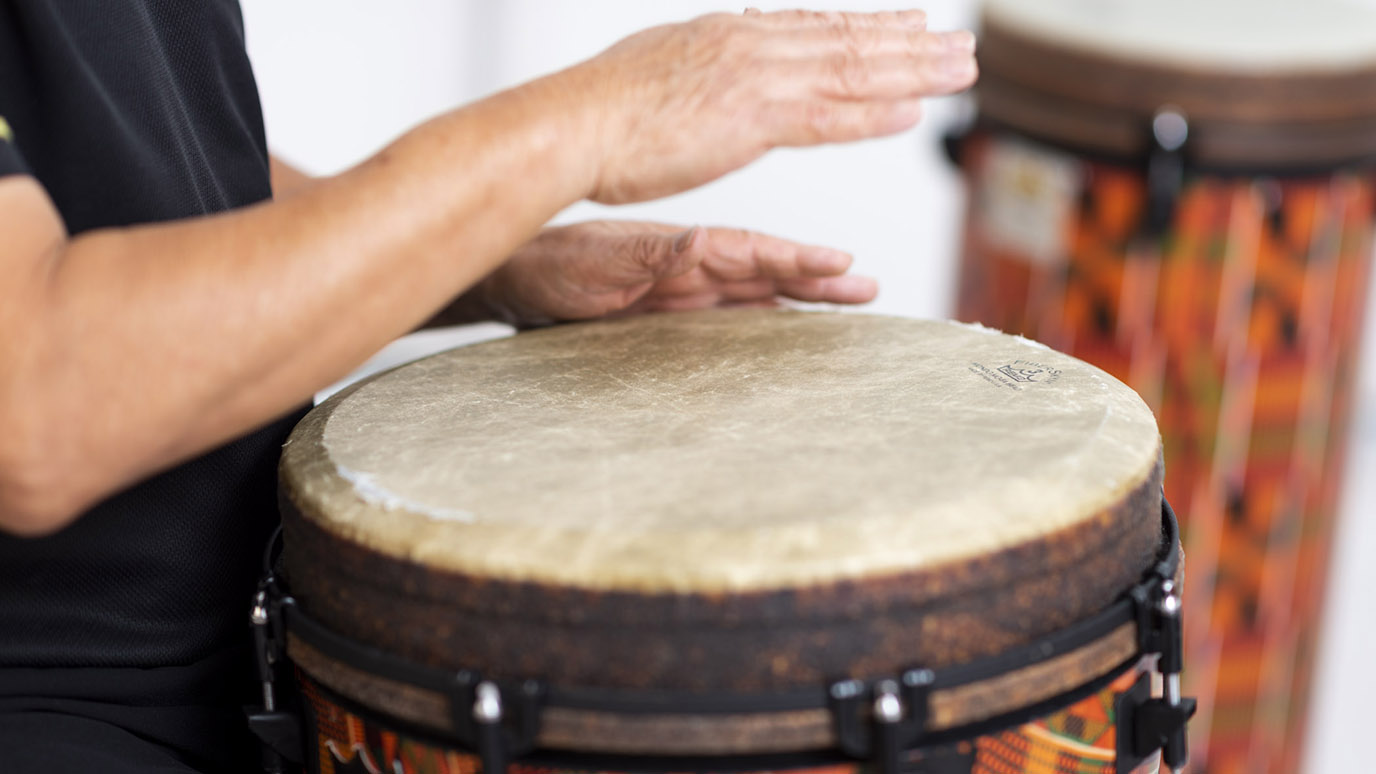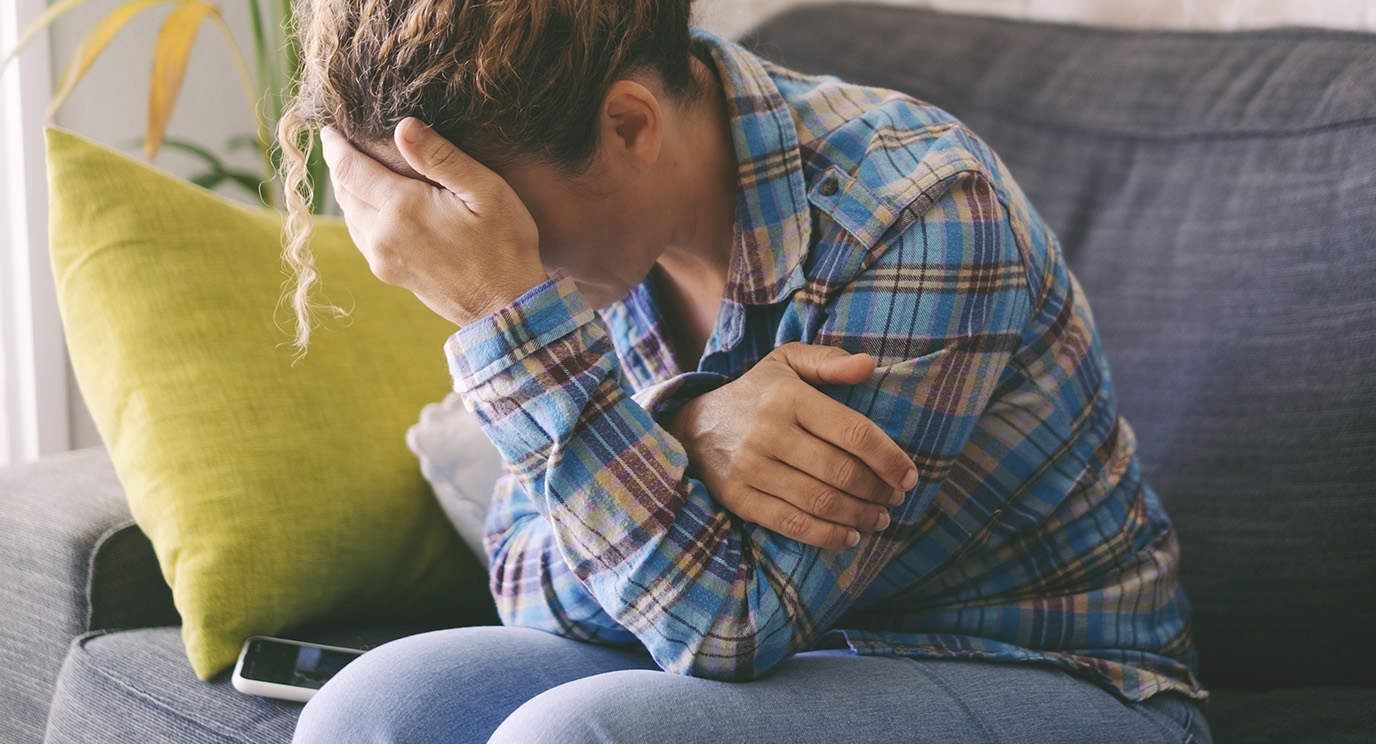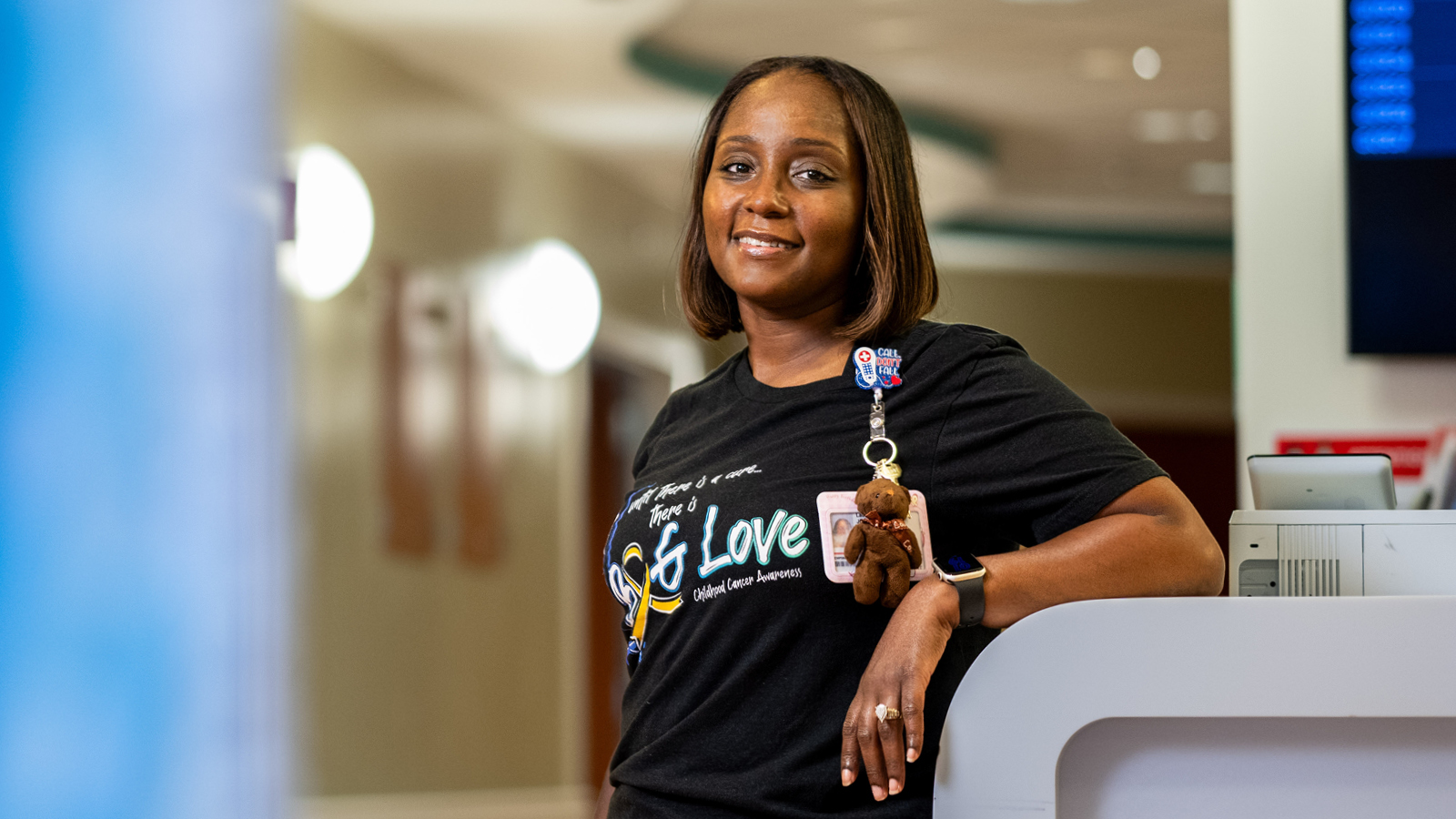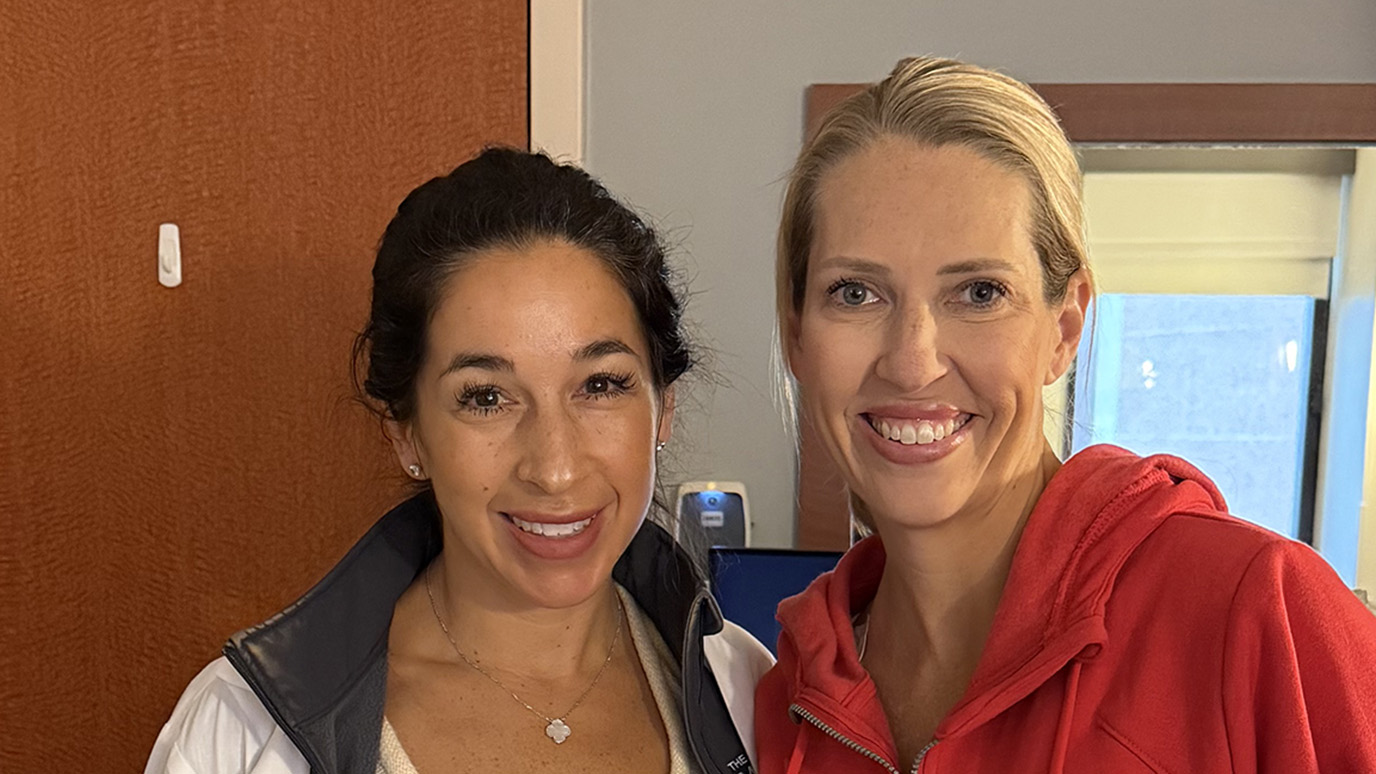- Diseases
- Acoustic Neuroma (14)
- Adrenal Gland Tumor (24)
- Anal Cancer (68)
- Anemia (2)
- Appendix Cancer (16)
- Bile Duct Cancer (26)
- Bladder Cancer (72)
- Brain Metastases (28)
- Brain Tumor (232)
- Breast Cancer (714)
- Breast Implant-Associated Anaplastic Large Cell Lymphoma (2)
- Cancer of Unknown Primary (4)
- Carcinoid Tumor (8)
- Cervical Cancer (158)
- Colon Cancer (166)
- Colorectal Cancer (116)
- Endocrine Tumor (4)
- Esophageal Cancer (44)
- Eye Cancer (36)
- Fallopian Tube Cancer (8)
- Germ Cell Tumor (4)
- Gestational Trophoblastic Disease (2)
- Head and Neck Cancer (12)
- Kidney Cancer (128)
- Leukemia (342)
- Liver Cancer (50)
- Lung Cancer (286)
- Lymphoma (278)
- Mesothelioma (14)
- Metastasis (30)
- Multiple Myeloma (100)
- Myelodysplastic Syndrome (60)
- Myeloproliferative Neoplasm (4)
- Neuroendocrine Tumors (16)
- Oral Cancer (100)
- Ovarian Cancer (172)
- Pancreatic Cancer (160)
- Parathyroid Disease (2)
- Penile Cancer (14)
- Pituitary Tumor (6)
- Prostate Cancer (146)
- Rectal Cancer (58)
- Renal Medullary Carcinoma (6)
- Salivary Gland Cancer (14)
- Sarcoma (238)
- Skin Cancer (294)
- Skull Base Tumors (56)
- Spinal Tumor (12)
- Stomach Cancer (64)
- Testicular Cancer (28)
- Throat Cancer (92)
- Thymoma (6)
- Thyroid Cancer (96)
- Tonsil Cancer (30)
- Uterine Cancer (80)
- Vaginal Cancer (16)
- Vulvar Cancer (20)
- Cancer Topic
- Adolescent and Young Adult Cancer Issues (20)
- Advance Care Planning (10)
- Biostatistics (2)
- Blood Donation (18)
- Bone Health (8)
- COVID-19 (362)
- Cancer Recurrence (120)
- Childhood Cancer Issues (120)
- Clinical Trials (630)
- Complementary Integrative Medicine (22)
- Cytogenetics (2)
- DNA Methylation (4)
- Diagnosis (232)
- Epigenetics (6)
- Fertility (62)
- Follow-up Guidelines (2)
- Health Disparities (14)
- Hereditary Cancer Syndromes (126)
- Immunology (18)
- Li-Fraumeni Syndrome (8)
- Mental Health (116)
- Molecular Diagnostics (8)
- Pain Management (62)
- Palliative Care (8)
- Pathology (10)
- Physical Therapy (18)
- Pregnancy (18)
- Prevention (912)
- Research (392)
- Second Opinion (74)
- Sexuality (16)
- Side Effects (604)
- Sleep Disorders (10)
- Stem Cell Transplantation Cellular Therapy (216)
- Support (402)
- Survivorship (320)
- Symptoms (182)
- Treatment (1786)
7 myths about caregiving you shouldn’t believe
6 minute read | Published March 02, 2023
Medically Reviewed | Last reviewed by an MD Anderson Cancer Center medical professional on March 02, 2023
Taking care of myself is selfish.
All of the support available is for patients.
Nobody really understands what I'm going through.
If you are the caregiver of a cancer patient, you may have found yourself thinking all of these things at some point. The only problem? None of them is true.
To address these and four other myths you may have heard, we spoke with senior social work counselor Paige Falcon. Here are seven caregiver falsehoods you shouldn’t believe.
Myth #1: Self-care is selfish.
Fact: Taking good care of yourself is not selfish. In fact, the opposite is true. It’s actually easier to take care of others if you’ve taken care of yourself first.
“Think of it like being on an airplane,” explains Falcon. “When the flight attendants are going through the safety checklist right before takeoff, they always tell you to put on your own mask first in the event of a sudden drop in cabin pressure. Why? Because you won’t be able to help anyone else with theirs if you’ve already passed out yourself.”
The same principle applies to caring for loved ones while they’re undergoing cancer treatment. You won’t be nearly as effective at taking care of them as you would be if you didn’t always prioritize their needs above your own.
“I’m not saying there won’t ever be times when you need to put your loved ones first,” Falcon clarifies. “Just don’t let it become a habit that you never question. Sometimes, caregivers think, ‘Well, I can always take my shower, eat my lunch or do this other thing later,’ but then they never do. And it becomes a pattern of neglecting themselves.”
Myth #2: Self-care has to be elaborate.
Fact: “Some caregivers have this idea that self-care isn’t ‘real’ unless it involves a trip, spending lots of money, or being away from their loved one for a long period of time,” says Falcon. “But self-care doesn’t have to be expensive or extravagant. You don’t have to leave town — or even leave your own home.”
Setting the expectation that self-care has to look a certain way can leave you feeling like it’s just one more thing you have to do, she notes. So, don’t put that much pressure on yourself.
“Take 15 minutes to go to a different room and journal — or even five minutes to take a hot shower or drink a cup of coffee,” adds Falcon. “Small indulgences can be just as satisfying as big ones. And it’s the simple things that make the idea of self-care much more manageable.”
Myth #3: I have to know everything.
Fact: “You don’t have to know everything to be successful as a caregiver,” says Falcon. “No one knows everything — not even the professionals.”
Still, it’s only natural to try to find out everything you can when you’ve been blindsided by a loved one’s cancer diagnosis.
“It’s a form of coping,” Falcon explains. “Spending a lot of time researching online can give people a false sense of control — even if that’s not really the case. It might not be the most effective way of dealing with anxiety, but knowledge is power. So, I think it stems from a very normal desire to feel a little less out of control and a little more in charge.”
To counter this idea, Falcon suggests reminding yourself that you are doing the best you can with the information you have in the moment, and you can trust your instincts.
“You don’t have to keep playing out various scenarios in your head or catastrophizing things to stay one step ahead of fate,” Falcon says. “No one is ever prepared for a cancer diagnosis. But it’s OK to learn as you go.”
Myth #4: I have to be strong and hide all my feelings.
Fact: It’s not healthy to keep your feelings bottled up. So, don’t be afraid to be vulnerable by sharing them with the person you’re caring for.
“It really is OK to talk about the hard stuff,” says Falcon. “Cancer patients realize that their diagnoses are difficult for their caregivers. That’s why they tell me things like, ‘I know they don’t like seeing me like this.’ They are very aware. So, give them the benefit of doubt and be honest about how you’re feeling.”
Falcon adds that spouses were often partners long before cancer entered the equation. So, this is just one more challenge to work through together, as a couple.
“Obviously, caregivers will need to find other outlets to vent all their complaints,” notes Falcon. “But they shouldn’t have to feel like they’re walking on eggshells all the time at home, either. If caregivers don’t regularly communicate about how they’re feeling and keep pretending everything’s fine, eventually, the volcano will erupt. And that’s not good for anybody.”
Myth #5: Forget thriving as a caregiver. The most you can hope for is to survive.
Fact: It is possible to nourish your soul and find some joy in life, even if you’re caring for someone in cancer treatment. The keys to achieving that delicate balance? Finding your “new normal” and not neglecting self-care or putting too much pressure on yourself for things to look a certain way.
“The beginning of cancer treatment is always chaotic and hard,” notes Falcon. “Many caregivers feel like they’re just barely surviving then. But as time goes on, they become more adjusted and develop new routines. They also have more tools at their disposal, so they’re better able to juggle everything.”
Your role as a caregiver will naturally evolve as your loved one finishes treatment and moves into recovery, so Falcon recommends checking in with their care team periodically, too.
“Sometimes caregivers think they have to stay with their loved ones all the time,” she adds. “But that’s not always the case. Sometimes, caregivers can actually leave for a couple of hours each day, and the patient is just fine. One caregiver was able to take a short trip as a part of her self-care process. It really boosted her morale.”
Myth #6: No one really understands what I’m going through. I’m all alone.
Fact: “While no one can know exactly how you feel, many people are also serving as caregivers to cancer patients — and they’re eager to offer advice and encouragement,” says Falcon.
To connect with other caregivers, consider joining one of MD Anderson’s many support groups. You can also request a match through myCancerConnection, MD Anderson’s one-on-one support community for patients and caregivers. Or, you can find caregiving groups on social media.
“The most important thing to remember is that you’re not alone,” notes Falcon. “Many other people are in the same boat as you.”
Myth #7: All of the support available is for the patient.
Fact: Many aspects of cancer treatment revolve around the patient — and rightly so.
But MD Anderson has many resources available for caregivers. These include the support groups and myCancerConnection network mentioned above, as well as a wide variety of classes and services offered through the Integrative Medicine Center to caregivers of patients receiving treatment at MD Anderson. Topics range from yoga and music therapy to how to care for a central line or get a referral to a licensed clinical dietitian.
“You can also reach out to an MD Anderson social work counselor at any time through MyChart,” says Falcon. “We can help you find other resources to help you cope.”
Request an appointment at MD Anderson online or by calling 1-877-632-6789.

Self-care doesn’t have to be expensive or extravagant.
Paige Falcon
Senior Social Work Counselor





